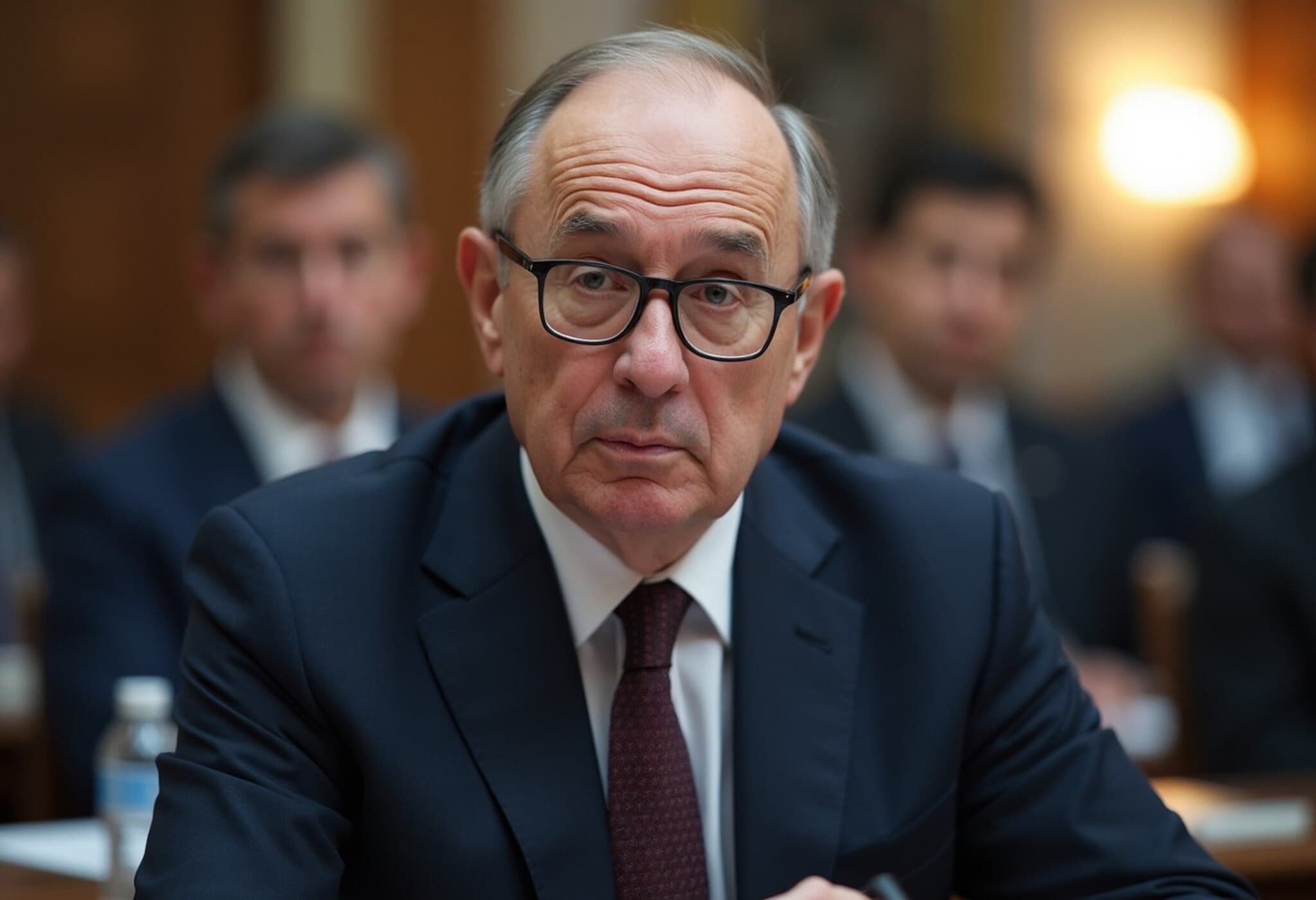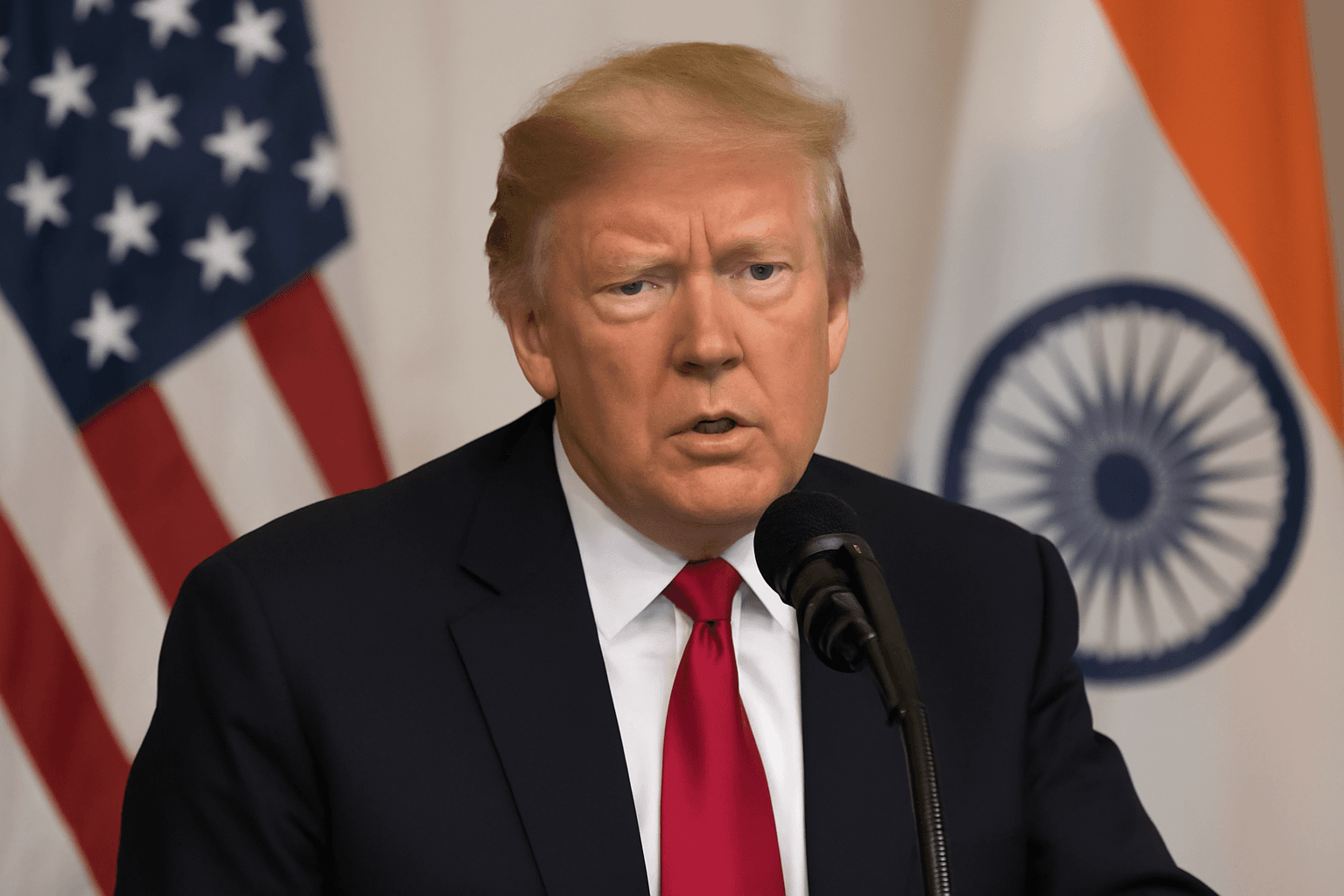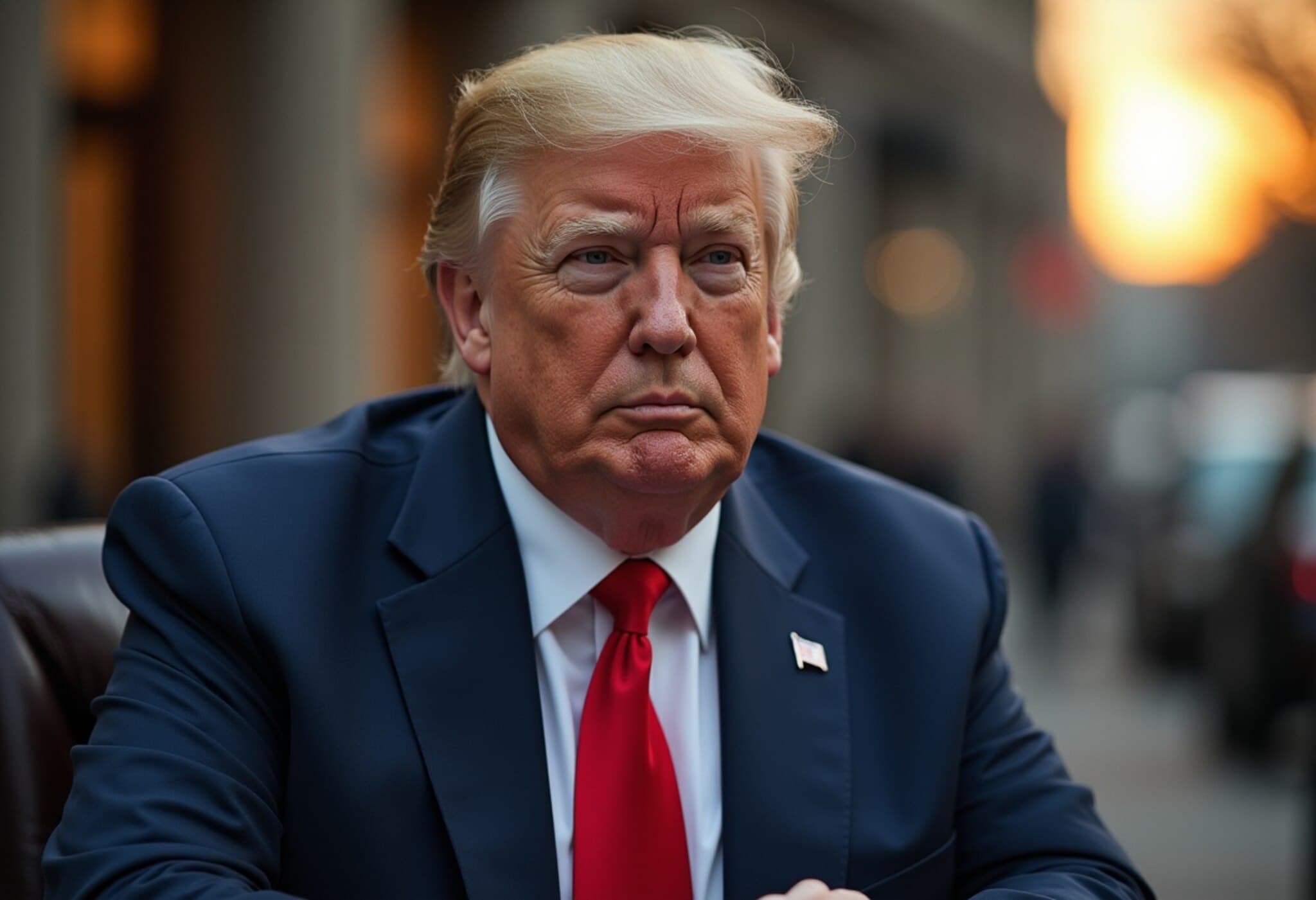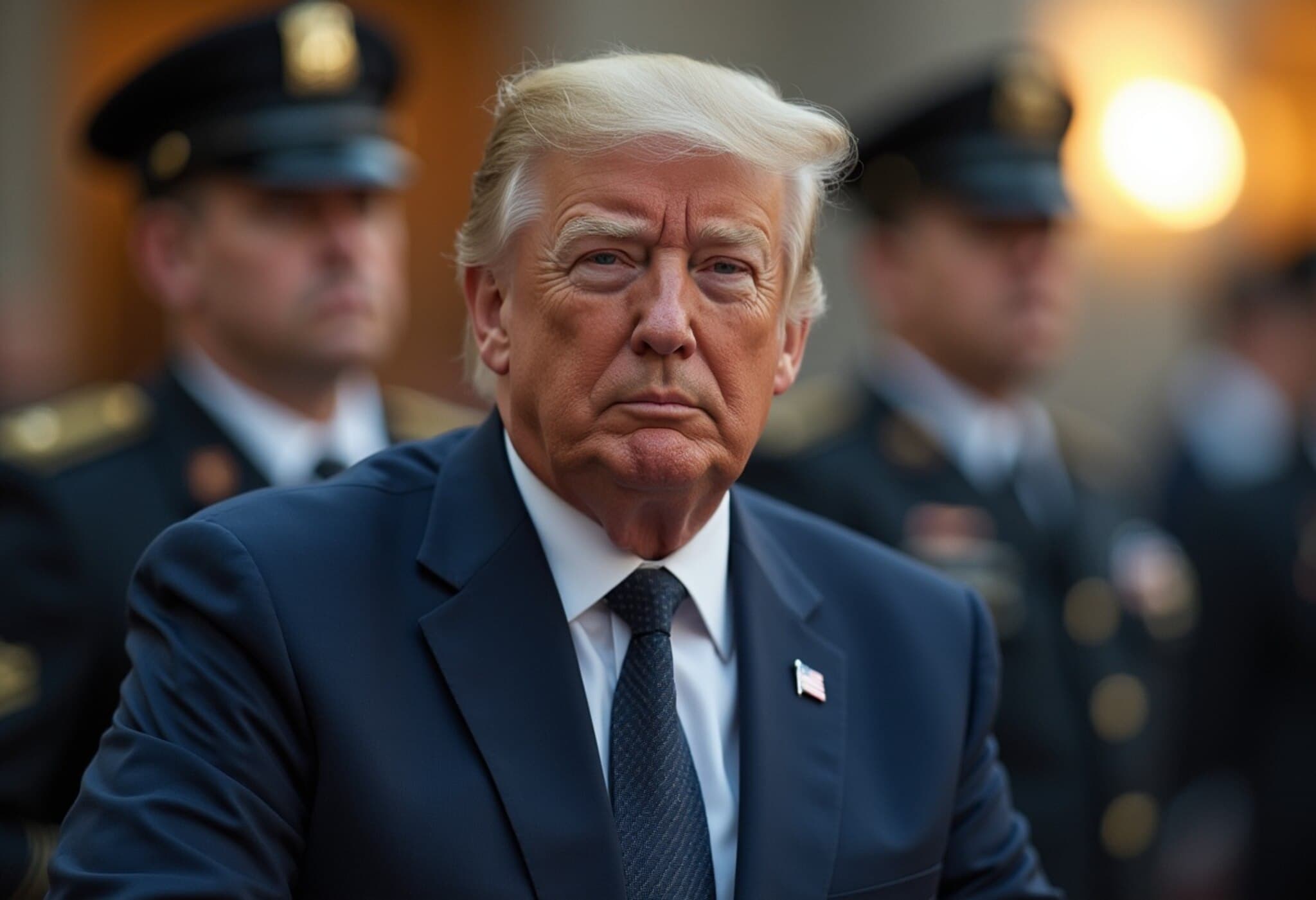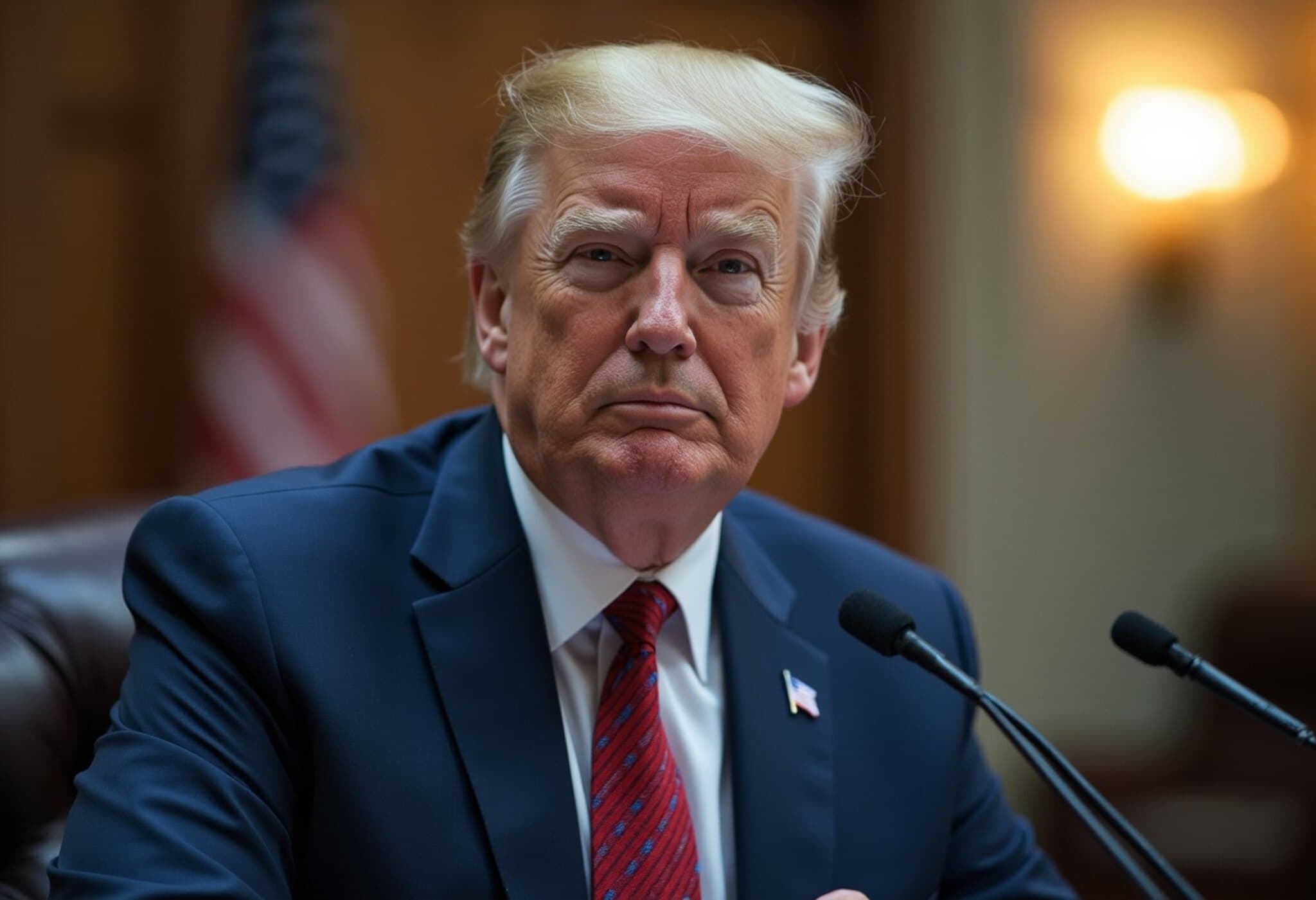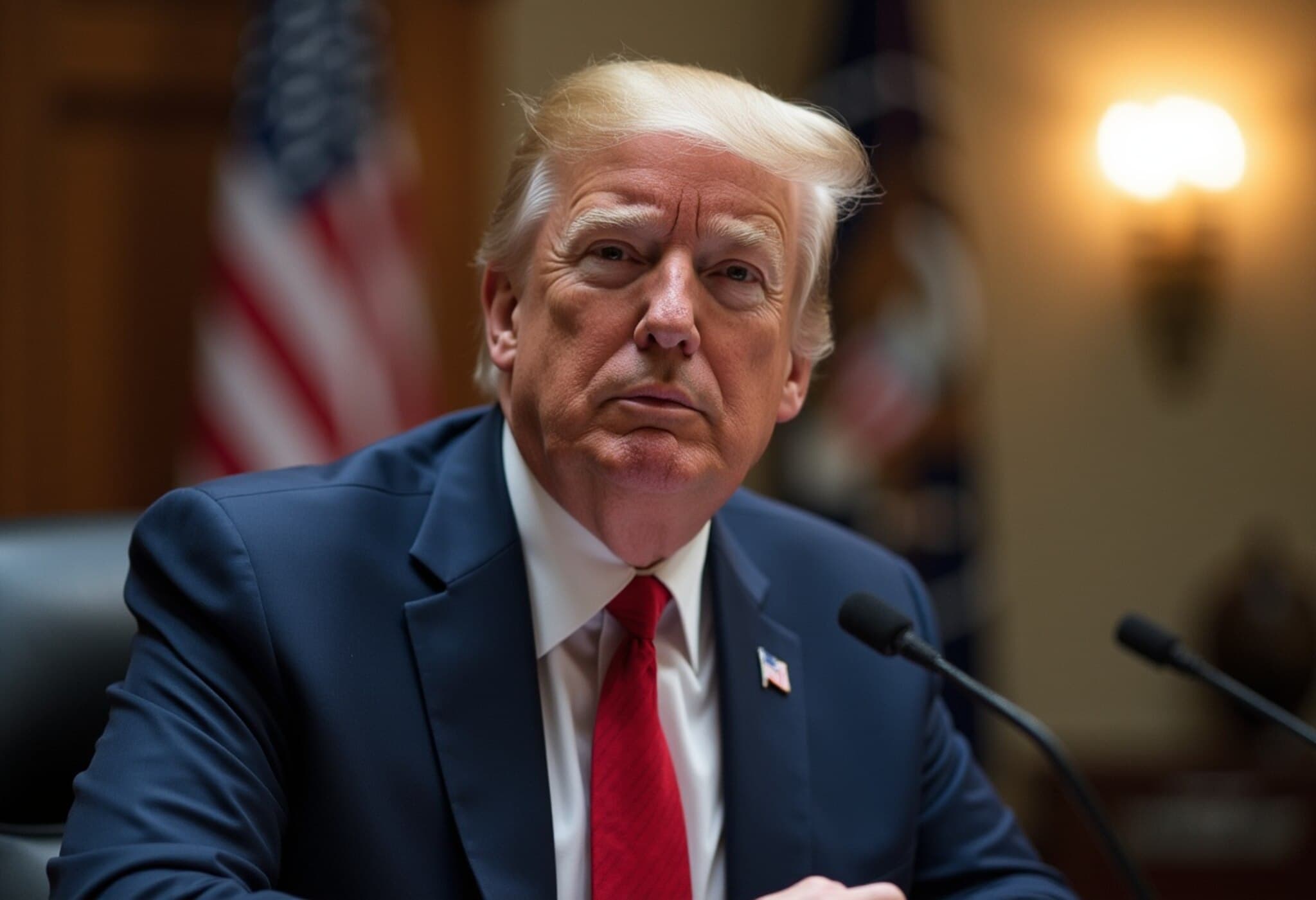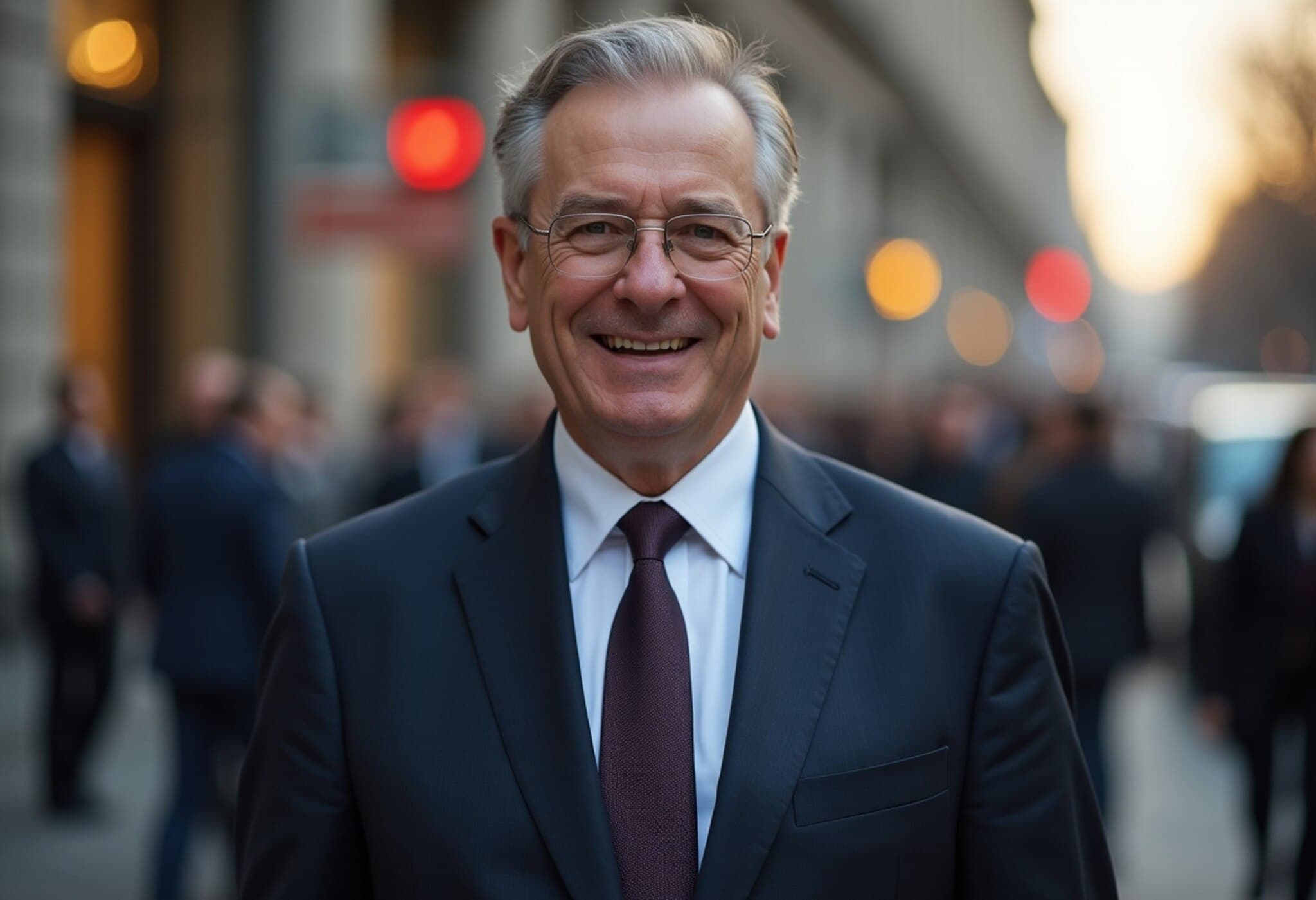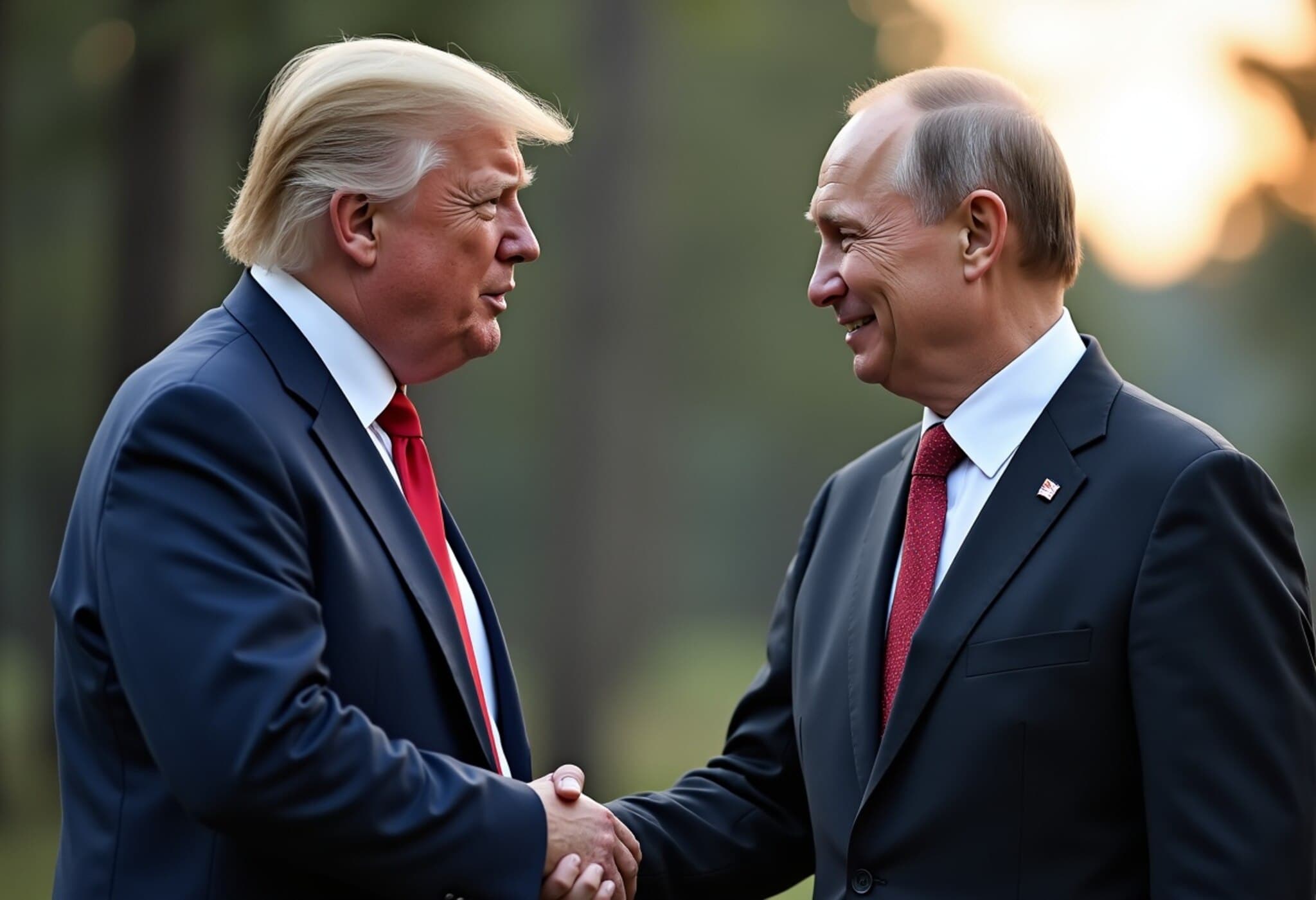Russia Proposes Peace Terms Centered on Ukraine’s Neutrality
In a significant development amid ongoing tensions, Russian Foreign Minister Sergei Lavrov outlined Russia's stance on Ukraine’s future security framework during a Sunday interview. Lavrov emphasized that Ukraine’s security guarantees should be entrusted to a coalition of nations, prominently featuring the permanent members of the United Nations Security Council.
Background: Revisiting the Failed 2022 Istanbul Talks
Lavrov recalled previous negotiations from 2022 held in Istanbul, where Russia and Ukraine tentatively discussed a framework under which Ukraine would declare permanent neutrality. This path was contingent upon receiving robust international security assurances. A draft agreement then indicated that guarantors would include the United States, United Kingdom, France, China, and Russia — the Security Council’s permanent members — alongside potentially other nations.
Lavrov’s Vision for Security Guarantees
Lavrov proposed reviving a similar approach, suggesting that besides the five Security Council powers, countries such as Germany and Turkey could also join as security guarantors. He stressed three core conditions for Ukraine:
- Permanent neutrality— meaning Ukraine would not join any military alliances;
- Non-alignment with any military bloc, explicitly ruling out NATO membership;
- Commitment to non-nuclear status within its borders.
Lavrov underscored that Russia views NATO expansion as a direct security threat, and thus rejects any prospects of Ukraine’s membership in the alliance.
Additional Conditions and Underlying Concerns
Beyond neutrality, Lavrov highlighted Russia’s insistence on protecting the rights of Russian-speaking populations in Ukraine — a long-standing and sensitive issue often cited by Moscow. He also mentioned that there are ongoing discussions regarding territorial matters, implicitly stressing that the territorial integrity and borders remain a topic for negotiation.
Expert Insight: Legal and Regional Implications
This proposal echoes longstanding Cold War-era principles of neutrality akin to Finland's status post-World War II, but it also raises complex questions about Ukraine’s sovereignty and self-determination in today’s geopolitical environment.
From an American policy perspective, security guarantees anchored through the UN Security Council present challenges, given Russia's veto power — potentially limiting enforceability. Moreover, Ukraine’s choice to seek NATO membership can be viewed as a sovereign right under international law, complicating the narrative that its neutrality should be externally imposed.
Analysts warn that while the proposal aims to de-escalate tensions, it risks sidelining the voices of the Ukrainian people whose perspectives on national security, sovereignty, and alliance preferences are critical to any lasting peace agreement.
What’s Next?
The international community watches closely as the dialogue unfolds. Key questions remain:
- Will Ukraine accept a security framework that limits its military alliances?
- Can any agreement realistically address the protection of minority rights without undermining Ukraine’s territorial sovereignty?
- How will Western powers respond to a Russia-centric security guarantee mechanism?
Editor’s Note
Russia’s call for Ukraine’s neutrality and a multilateral security guarantee spotlights the intricate balance of power in Eastern Europe. While aiming to quell conflict, the proposal flips the spotlight onto fundamental issues of national self-determination and great power politics. As the international debate continues, the crucial question remains: can a peaceful settlement be found that respects both Ukraine’s sovereignty and regional security concerns?

